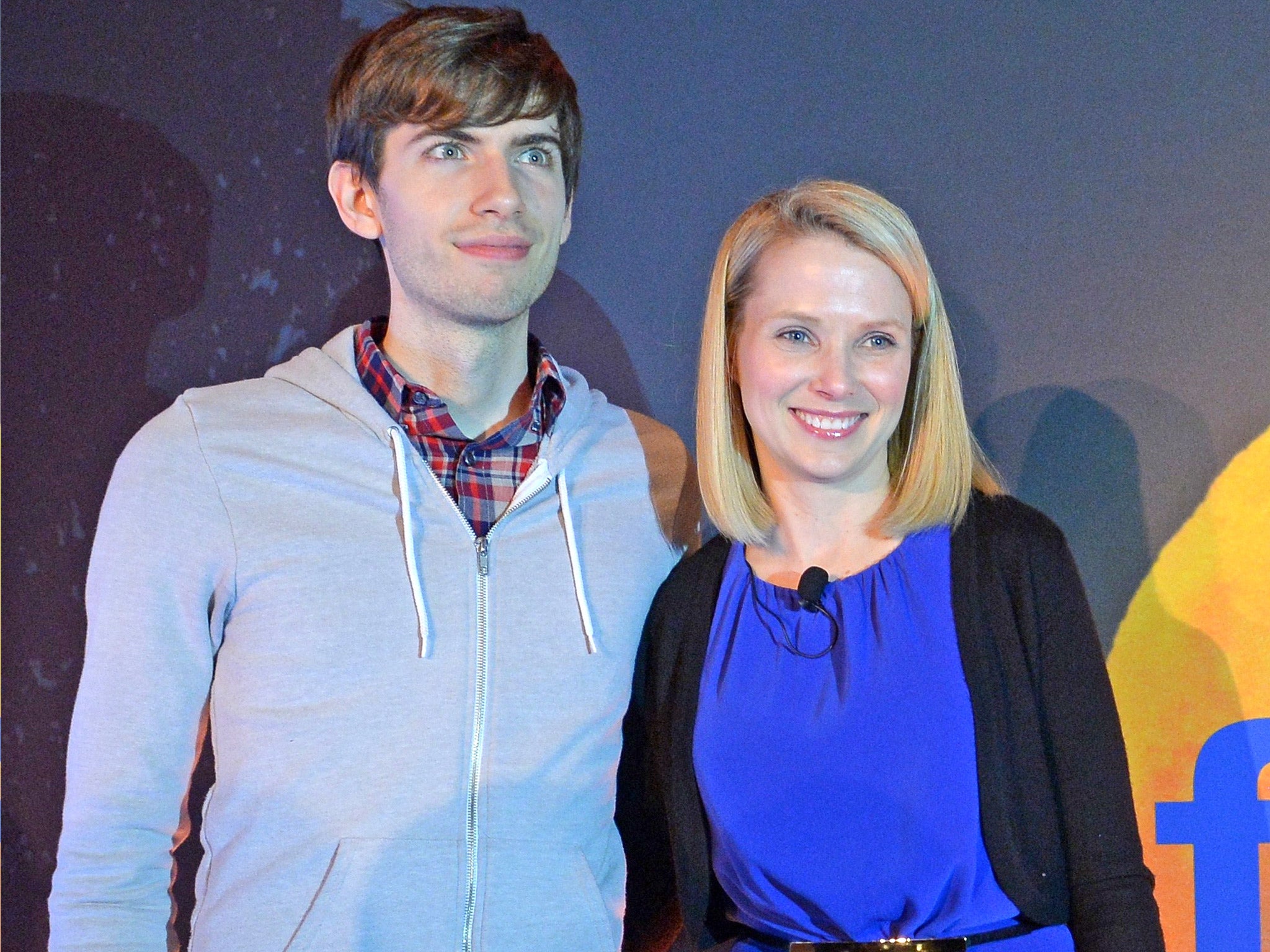How to say ‘I’m a sellout’: Tumblr’s David Karp’s message of reassurance to his staff and loyal users sounded very familiar

When David Karp announced he was going to sell his social media website Tumblr to Yahoo for $1.1bn earlier this week, some of the site’s tribally loyal users took to the web to warn against an Instagram-style grab of their copyright rights and personal information.
Karp reassured staff and users swiftly with a blog post about the deal. “Our headquarters isn’t moving. Our team isn’t changing,” he wrote, before adding, “As always, everything that Tumblr is, we owe to this unbelievable community. We won’t let you down.” He then signed it off with the very Tumblr “Fuck yeah, David.”
Obviously he’s pleased with the reported $275m he’s taking home from the deal, but Karp’s defence of his high-profile sell-out isn’t the first to get sideways glances. In 2006 when Anita Roddick sold “do-no-wrong” Body Shop to French cosmetic giant L’Oreal she insisted that L’Oreal was an “honourable” company. This despite the fact that at the time it still tested a small number of new ingredients on animals. A storm of criticism from Body Shop customers ensued.
And when ethical ice cream makers Ben Cohen and Jerry Greenfield sold most of their stock in Ben & Jerry’s they carped that they hoped the company would continue be “independent” and “expand its role in society”. It had been bought by Unilever, a firm that has been criticised by environmentalists for hot cycles of greenwashing and using palm oil linked to deforestation [Unilever has since pledged to make its palm oil supplies sustainable].
In 2010 Richard Reed of Innocent smoothies claimed the ethically-minded British firm’s existing directors would continue to control its goal of bringing healthy drinks to the world. This was in the wake of a 58 per cent share of the business having been bought by, er, Coca-Cola, although Reed reassured the world that he and his co-founders still had majority voting rights on the board. Three years later and Coke now own 90 per cent of the shares and have control of the voting rights.
As Karp may learn, when it comes to buyouts, it’s new money, not old owners, that does the talking.
Subscribe to Independent Premium to bookmark this article
Want to bookmark your favourite articles and stories to read or reference later? Start your Independent Premium subscription today.

Join our commenting forum
Join thought-provoking conversations, follow other Independent readers and see their replies